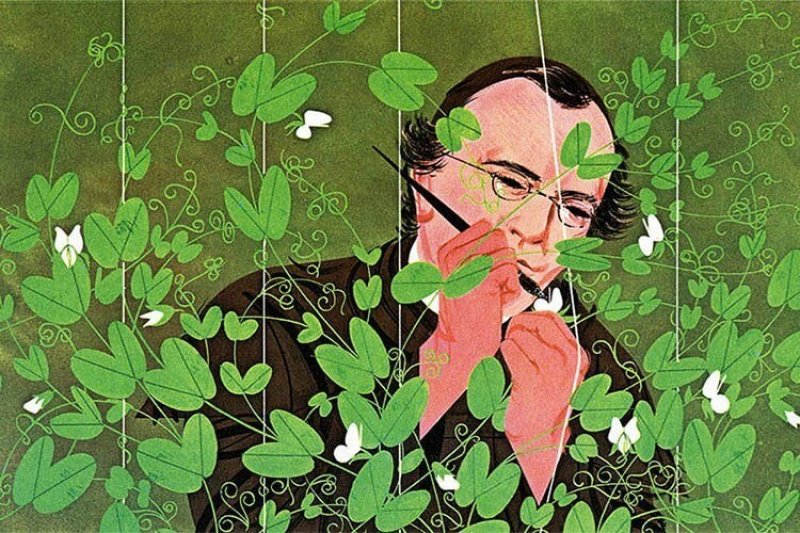An international team of researchers has assembled the first genome of the field pea, providing insight into how Mendel’s original genetic model evolved and help future improvements of the crop. The study, published in Nature Genetics, has important implications for global nutrition and sustainability of crops. Pea is the second most important grain legume in the world after the common bean and is an important green vegetable.
According to Professors David Edwards and Jacqueline Batley from The University of Western Australia’s School of Biological Sciences and Institute of Agriculture, the field pea had a much larger and more complex genome compared to other legumes. The sequencing project reveals the pea genome assembly spans 3.92 Gb, representing 88% of the estimated pea genome size of about 4.45 Gb.
Professor Batley said their research built on pioneering concepts of inheritance developed by Gregor Mendel. “With the pea genome sequenced, we can now start to understand the basis for the variation which has evolved,” she said.
Read full, original article: Crop Biotech Update September 11, 2019































